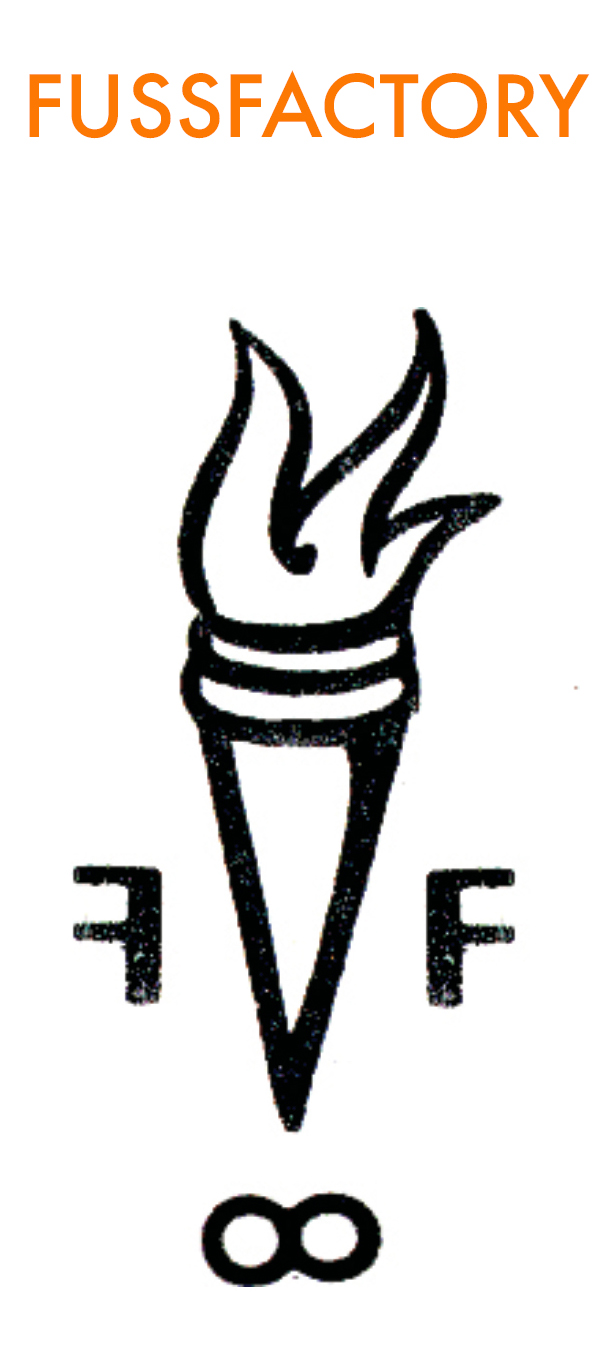#sparkchamber 101920 — Robert Friedman
The spark in #sparkchamber is often a moment of clarity, an eye-opening perspective shift seemingly from out of the blue. We share one of these powerful stories today as we welcome in Robert Friedman, founder and brand strategist at Fearless Branding. Delivering brand vision, client research, business planning, foundational marketing, and coaching for consultants and service firms, the heart of all the work they do is the strategic thinking that defines the strongest possible market position. In a podcast conversation with John Livesay — aka the Pitch Whisperer — Robert recounts the origin of his company.
“
In the early part of my career, I was a brand manager for some big food companies. In my last assignment, I was working at Nestle, I was working on Coffeemate. I was living in Los Angeles at the time. One Saturday afternoon, I was taking a hike and looking at the Pacific Ocean and saying just, “I don’t want to do this anymore because Coffeemate is just artificial powder. That is not a good use of my life. It’s not a good use of my talents. What am I going to do?”
When I thought about it carefully, I was thinking, do I need to become a therapist or a history teacher or something that had more meaning? Do I need to get out of marketing? I started looking around at other businesses and I thought, “I may be working on Coffeemate but somebody else is working at Apple. The guy down the hall may be working on Carnation Instant Breakfast, but somebody else is working at Nike.”
There are other ways to do marketing. It sparked an idea that was based on this insight that consumers love brands that fearlessly express their unique essence. That they’re not just there to sell stuff, that they’re there to sell really great stuff and deliver a meaningful experience. One of the key elements of this insight was that these great brands, what I ultimately started calling fearless brands, weren’t trying to be all things to all people. If you were not in a segment of the audience that appreciated that meaning, that’s okay. But if you are, then you’re going to have deep resonance.
“
Fearless Branding, in a nutshell: Define your difference. Get your message right. Tell the world who you really are.
1.] Where do ideas come from?
My work is mostly about ideas and words. Most often, I’m solving a business problem versus creating a work of art.
My ideas come from a process. First, I ask “What’s wrong? What could be better?” These questions define the problem.
Then I ask, “What do you want?” The answer defines the objectives. However, I find asking, “What do you want?” elicits very different replies than, “What are your objectives?” What gets said tends to be more personal, more truthful.
“What do you want?” is a very simple question. Answering in a meaningful way takes time and thought and is essential for finding a great idea.
The heart of my work is helping someone to define their value and tell their story more effectively. Once the client is clear on what they want, I have a conversation with them to answer five questions. [I sure ask a lot of questions.] They are:
o Who are you?
o What do you do?
o Who do you do it for?
o What do they want?
o What do they get?
This framework always results in great ideas.
2.] What is the itch you are scratching?
To tell fearless brand stories that are emotional and effective. Some people [especially experts] care deeply about uncovering, defining and articulating their unique value. I’m here to help them.
A further itch is to help my clients win at the moment of truth: the moment when a potential client says yes or no. I really want my clients to win. I scratch the itch by doing the foundational work that makes getting to yes easy.
3.] Early bird or night owl? Tortoise or hare?
If I had to be an inanimate object, I would be a percolator. It’s hard for me to sit down at my computer, allocate an hour, and end up with a strategy or a brilliant piece of content. My best ideas come when I’m doing something else: driving, walking, doing the dishes. Movement helps my brain work. And I need to give myself time to think before I produce.
So, I’m definitely a tortoise. And more of a night owl.
4.] How do you know when you are done?
I think about the person who will be reading the work. What change in mindset or action do we want to create? I try to look at the work with their eyes. Does the idea I’m trying to communicate REALLY get through? Can I make it shorter. I always try to make it shorter. [SO HARD!] If the work is important, I’ll get feedback, either informally [ask friends] or formally [market research].
I like to go back to a piece of work several times if I can. I let it sit for a while without thinking about it. I’ll go back to it and make final tweaks. Eventually, it has to be done.
I’ll never forget what my college thesis advisor at Vassar, Donald Olsen, told me: “Mr. Friedman, deadlines are an historian’s best friend.”


